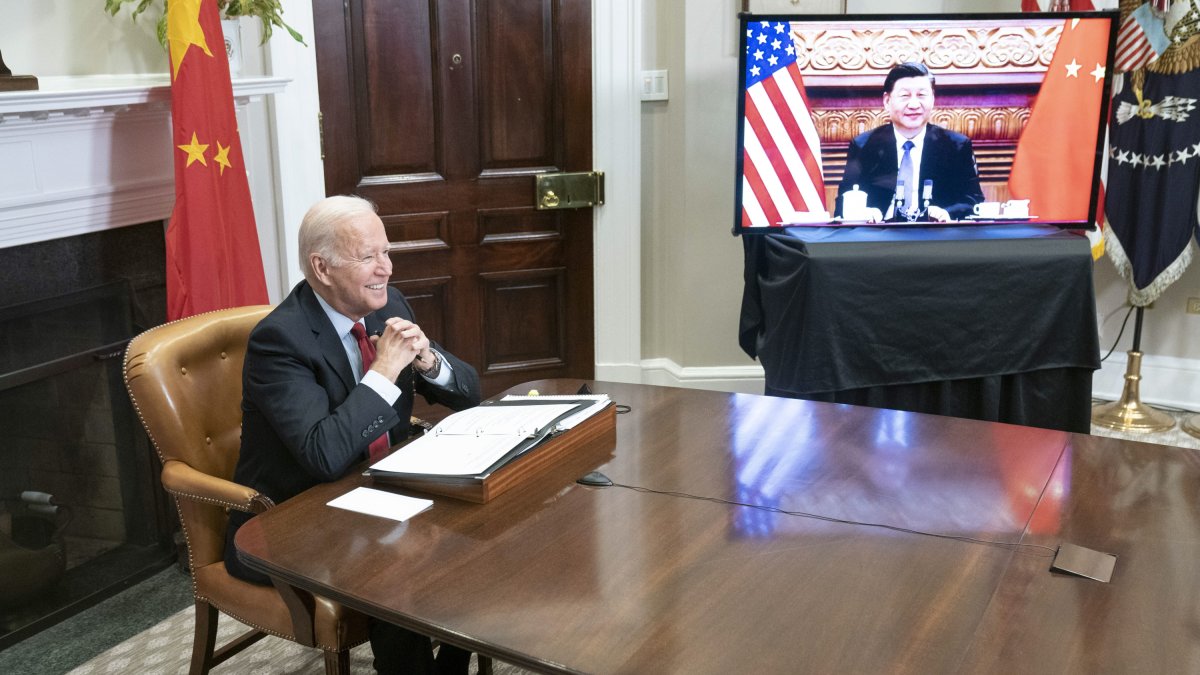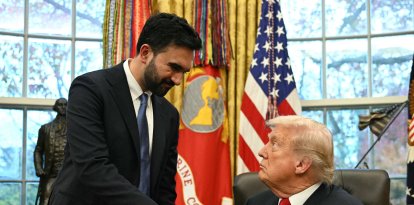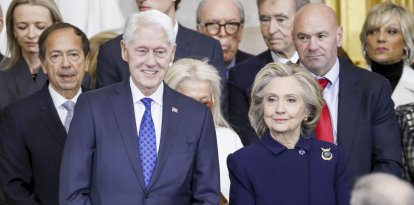After 16 months of "dangerous" silence, U.S. and Chinese militaries resume dialogue
Charles "CQ" Brown, chairman of the Joint Chiefs of Staff, spoke by video call with his Chinese counterpart and both stressed the importance of re-establishing channels of communication.

(Cordon Press)
Nancy Pelosi's visit to Taiwan in 2022 sparked China's anger, which has since interrupted the dialogue between its military and that of the United States to clarify its displeasure. This was one of the many short-circuits of Joe Biden's administration with Beijing since he took office, marking a period of high tension between the two powers. However, those tensions have been easing in recent months, as confirmed by the first contact between the two militaries in 16 months.
Charles "CQ" Brown, the new chairman of the Joint Chiefs of Staff, held talks on Thursday with his Chinese counterpart, General Liu Zhenli of the Staff Department of the People's Liberation Army. The contact was through a video call where not much transcended. They commented on the need to resume communication channels and encourage cooperative work.
The Senate recently confirmed Brown after a seven-month wait prompted by Senator Tommy Tubervielle's (R-AL).
"General Brown discussed the importance of working together to responsibly manage competition, avoid miscalculations, and maintain open and direct lines of communication," a Pentagon statement said. "Gen. Brown reiterated the importance of the People's Liberation Army engaging in substantive dialogue to reduce the likelihood of misunderstandings," it added.
The contact took place a little more than a month after the face-to-face meeting between Biden and Xi Jinping, in which both agreed to resume military contacts. The summit took place in San Francisco and sought to ease tensions between the two countries, fueled recently by China's intentions with Taiwan. The lack of communication between the two armies was described as "dangerous" by international experts.
Last October, Pentagon officials accused China of promoting a pattern of provocative actions in the East and South Seas of the Asian country, with the aim of provoking U.S. forces. For example, one report revealed that more than 180 instances of what they called "coercive and risky aerial interceptions" had been documented.
"You don't want a situation in the event of a mistake or an accident where the two militaries can't intervene at a senior level to defuse the situation and separate whoever has collided," U.S. Ambassador to Beijing Nicholas Burns told the Council on Foreign Relations in New York recently.

























